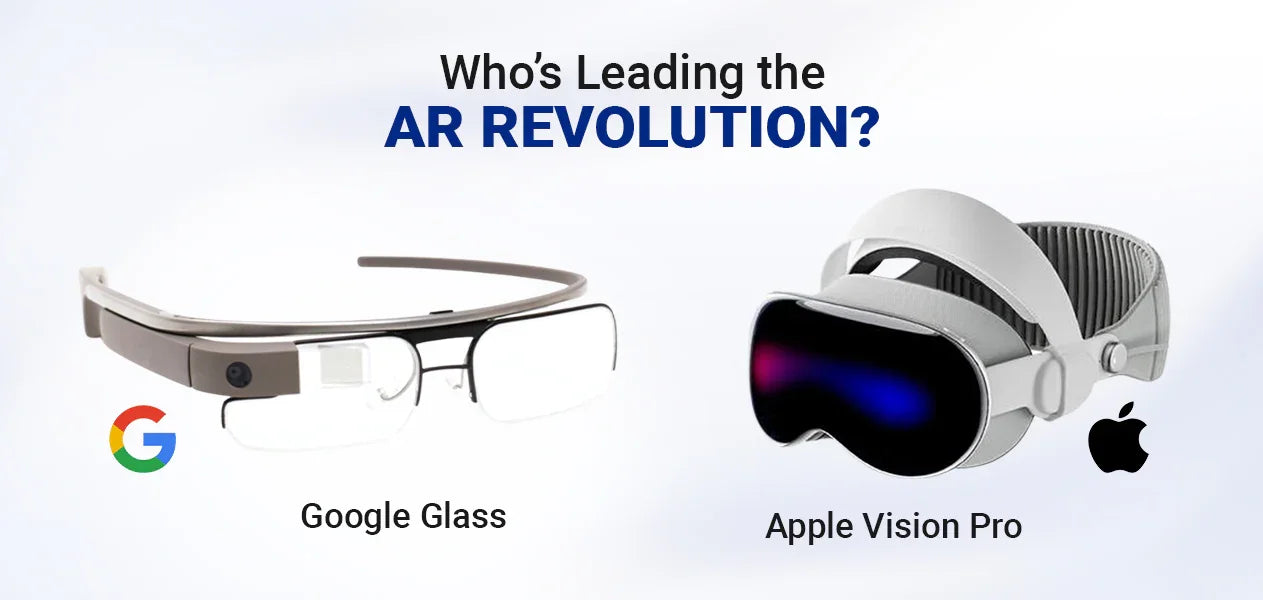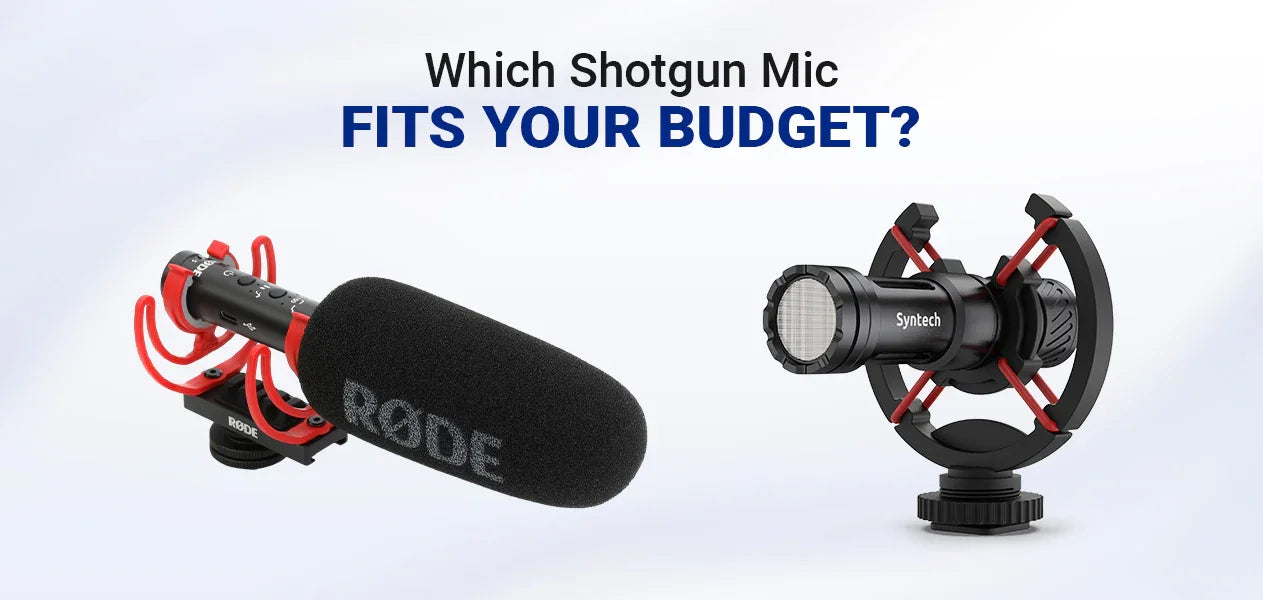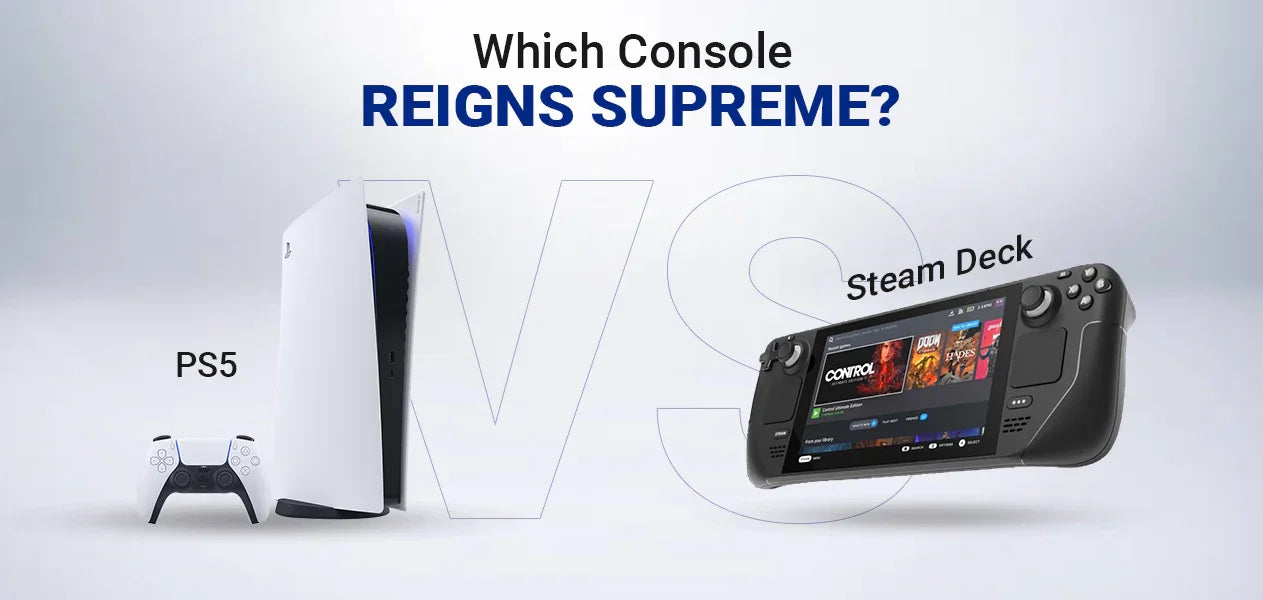
Apple Vision Pro vs Google Glass: Who's Revolutionizing AR?
In the world of augmented reality, two heavyweights are competing for attention: Apple Vision Pro and Google Glass. Both offer unique experiences, but choosing between them requires more than just a look at specs. While Apple promises a high-end immersive experience, Google aims for simplicity and practicality. This blog will explore the key features of each, what to consider before making your choice, and whether Apple Vision Pro can truly match the everyday comfort of wearing Google Glass. Is one the future of AR, or does the other offer something more suited for daily use? Let’s break it down.
Apple Vision Pro: The Premium AR Experience

Apple Vision Pro is a high-end AR device that is the biggest addition to the Apple ecosystem. This device offers advanced features and an immersive AR experience, making it attractive to consumers and professionals.
The following are the key features of Apple Vision Pro that you should know before deciding which one is right for you:
-
Immersive Display
The advanced display of Apple Vision Pro provides high-resolution AR visuals. It gives a seamless mix of virtual and real-world experience to the user.
-
Spatial Computing
Collaboration is vital in technology, especially in new fields like spatial computing. The main focus of Apple Vision Pro is on spatial computing, which gives users access to multi-tasking and interactive applications without any physical screens.
-
Integration with Apple Ecosystem
Vision Pro can easily connect to their iPhone, Mac, and iPad, probably that's one of the reasons Vision Pro is a huge success. Features like Handoff, iCloud, and AirDrop ensure smooth transitions across devices for calls, files, and apps.
-
Targeted Audience
This device is designed for those people who want to experience premium AR, whether they want to experience it in gaming, for virtual meetings, or to enhance their creativity and productivity.
-
Privacy
Apple has always emphasized user privacy protection. Unlike Google Glass, Apple doesn’t raise privacy concerns. Apple protects user data security and privacy, making it trustworthy and reliable. Check out our online store for an Apple Vision Pro Hard Carrying Case or an Apple Vision Pro Auxiliary Head Strap to enhance and protect your Vision Pro.
-
Camera and Sensors
Built-in multiple cameras and advanced image settings are equipped in Apple Vision Pro, which immediately captures real-world images and provides an immersive experience.. The advanced sensor system accurately detects all the information, whether it is data from the environment or users' movement. This feature makes Apple Vision Pro unique and enhances the overall experience.
-
Interaction
Apple Vision Pro is an advanced device that supports multiple interaction methods. It includes gesture control features, which detect your hand's movement and are designed to control the device. It also includes voice commands, which will allow you to have a hands-free experience. Eye tracking technology is also a feature of Apple Vision Pro, which tracks the movement of your eyes and operates the interface according to it. These features make this device easy to use for every user.
-
Portability
Apple Vision Pro is portable; you can use it as a private display for your Mac. This portable device is designed so that you can use it in any environment without any fixed setup. The sleek and lightweight design makes it travel-friendly and entertaining. It can easily connect with bluetooth accessories like a Magic Keyboard or magic trackpad, which makes your work more comfortable and convenient.
- Price
Apple's Vision Pro is quite expensive compared to Google Glass, making it one of the most expensive AR/VR devices. While the price might seem steep, it reflects the device's cutting-edge technology and premium experience.
Google Glass: Futuristic Smart Glasses
The following are the features of Google Glass:
- AR Display
Google Glass lets users see variable information, such as notifications, navigation, instructions, time, weather, etc., right before them. You can see it because of the small transparent display that comes with it. It allows you to interact with it through a touchpad or a voice command.
- Camera
Google Glass has an embedded camera lets you capture photos and videos while recording beautiful life movements or video calls with your loved ones.
- Affordable
Google Glass offers a cost-effective solution for businesses compared to high-end Vision Pro. It focuses on practical utility rather than immersive experiences, making it ideal for task-oriented environments.
- App support
Google Glass applications provide access to variable features such as health tracking, social network integration, real-time translation, etc.
- Concerns About Privacy
Since the release of Google Glass, a debate has been going on regarding privacy concerns. Due to the embedded capability of the Google Glass camera to record anything without drawing attention, it makes people sceptical when thinking of using it.
What to Consider Before Buying Apple Vision Pro or Google Glass?

Before choosing between Apple Vision Pro and Google Glass, think about your needs, budget, and how you plan to use the device.
If you want an immersive experience for entertainment, creativity, or work, the Apple Vision Pro is a great option. It lets you watch movies, hold virtual meetings, or even design in 3D. However, it comes with a high price tag, which makes it more suitable for people who value advanced technology and can afford it.
On the other hand, Google Glass is ideal for professionals who need a simple, hands-free tool for their jobs. It’s lightweight and easy to wear all day, making it great for tasks like accessing instructions or scanning data while working. It’s a much more affordable option, especially for businesses.
Comfort and usability are also important. Vision Pro is bulkier and better for shorter sessions, while Google Glass is designed for long hours of wear. Additionally, consider the ecosystem. If you already use Apple products, Vision Pro works seamlessly with them. For workplace use, Google Glass integrates well with industry-specific software.
Choose Vision Pro for cutting-edge features and immersive technology. Pick Google Glass if you need a simple, practical solution for work.
Is Apple Vision Pro as Comfortable as Google Glass for Daily Wear?
Regarding comfort for daily wear, Apple Vision Pro and Google Glass are designed for different purposes, which impacts how comfortable they make you feel during prolonged use.
Google Glass is built for long-term wear and is designed to be as lightweight as possible. Weighing just around 50 grams, it feels like a pair of regular glasses. This makes it easy to wear throughout the day without discomfort, even for hours. Its minimalist design ensures that it doesn’t obstruct your vision, and the small display positioned above your eye doesn’t require you to shift your gaze drastically, which adds to its comfort.
On the other hand, the Apple Vision Pro is a more immersive and feature-heavy device, which makes it bulkier. It includes dual 4K displays, spatial audio, sensors, and batteries, all contributing to its larger form factor. Weighing more than Google Glass, it’s not as lightweight, and its design may feel more intrusive, especially during extended use. While the adjustable headband and custom fit help alleviate some pressure, the Vision Pro is designed for shorter use sessions than all-day wear.
Conclusion
The Apple Vision Pro and Google Glass are making significant strides in the augmented reality (AR) space, each with its unique approach and vision for the future. The Apple Vision Pro offers a highly immersive and sophisticated AR experience, focusing on seamless integration with Apple’s ecosystem and cutting-edge technology for a more lifelike experience. On the other hand, while initially targeted more towards enterprise use, Google Glass has evolved into a tool for hands-free interaction and productivity with a more minimalist design.
While Apple’s Vision Pro sets a new standard for consumer-grade AR with its high-end features, Google Glass quietly impacts practical applications, particularly in professional and industrial settings. Both companies are revolutionizing AR in different ways, but it remains to be seen which will have a broader, long-term influence as the technology continues to evolve. Ultimately, it will be the balance of innovation, accessibility, and real-world application that determines the true AR leader.


